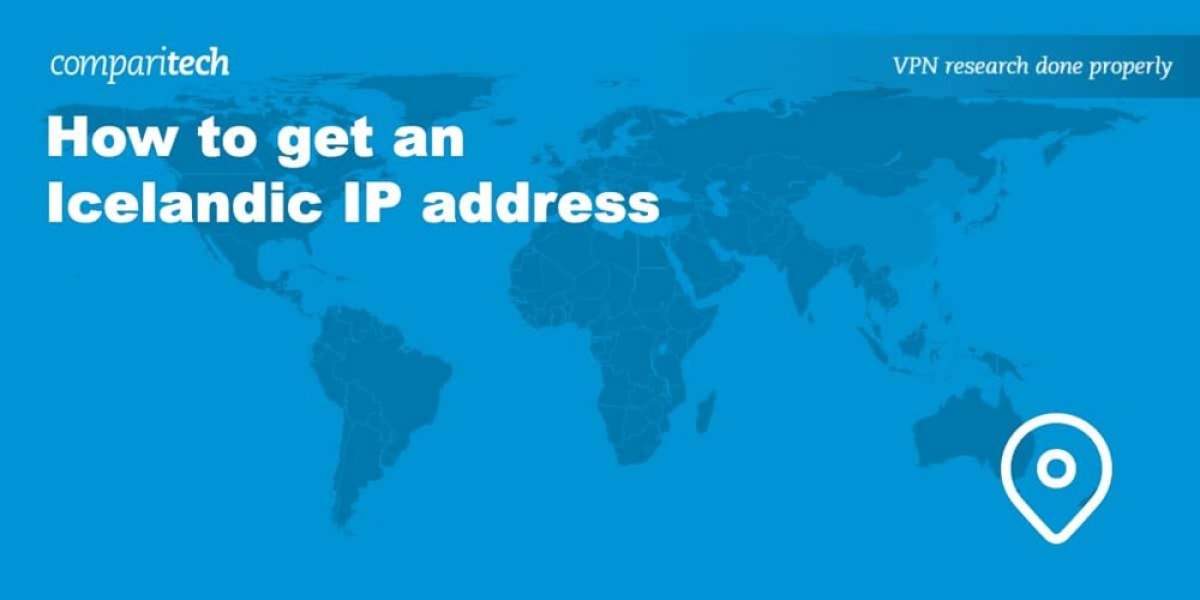Pregnancy is an incredible journey filled with anticipation, excitement, and the desire to ensure the best possible care for both the mother and baby. One of the most important aspects of prenatal care is ultrasound scanning, which allows expectant parents and healthcare providers to monitor the baby’s growth, development, and overall well-being.
While routine pregnancy scans are standard in most maternity care plans, many parents also consider booking additional private scans for reassurance, clarity, or an enhanced experience. Understanding the differences between routine and private pregnancy scans can help you make informed decisions that suit your needs and expectations.
In this comprehensive guide, we’ll explore how routine scans differ from private scans, their purposes, advantages, limitations, and when parents might choose one over the other.
What Are Routine Pregnancy Scans?
Routine pregnancy scans are ultrasounds scheduled and provided as part of standard antenatal care. They are offered at specific stages of pregnancy and are designed to monitor the baby’s health, growth, and development.
In most healthcare systems, you can expect two main routine scans:
1. Dating Scan (First Trimester: 8–14 Weeks)
Confirms the pregnancy and estimates the due date.
Checks for single or multiple pregnancies.
Assesses early fetal development.
Screens for some chromosomal conditions using nuchal translucency measurements (when combined with blood tests).
2. Anomaly Scan (Second Trimester: 18–22 Weeks)
Examines the baby’s organs, bones, heart, and spine.
Identifies potential structural abnormalities.
Checks the position of the placenta and amniotic fluid levels.
Determines fetal growth patterns.
These scans are medically essential and are typically offered free of charge or covered by insurance. However, they primarily focus on detecting potential complications rather than providing an in-depth bonding experience for parents.
What Are Private Pregnancy Scans?
Private pregnancy scans are additional ultrasounds that expectant parents can book at specialized clinics outside the standard hospital-provided scans. These scans are usually optional and serve various purposes, such as reassurance, early gender determination, or capturing 3D/4D images of the baby.
Private clinics offer more flexibility in terms of timing, frequency, and personal preferences. For example, some parents choose to schedule extra scans between their routine hospital appointments for peace of mind, especially if they have concerns about their baby’s growth or movements.
Key Differences Between Routine and Private Pregnancy Scans
To better understand how these two types of scans differ, let’s break them down across several important factors:
1. Purpose of the Scan
Routine Scans: Primarily focused on detecting medical conditions, measuring growth, and ensuring the baby’s health.
Private Scans: Often focused on parental reassurance, gender determination, bonding, and high-quality imagery.
2. Timing and Frequency
Routine Scans: Fixed schedule — usually two main scans unless medical concerns arise.
Private Scans: Flexible — parents can book them at any stage of pregnancy, even multiple times.
3. Technology and Imaging Options
Routine Scans: Standard 2D ultrasounds aimed at diagnostic accuracy.
Private Scans: Advanced options like 3D, 4D, and even high-definition imaging for a more detailed view of the baby’s features.
4. Level of Personalization
Routine Scans: Conducted quickly and clinically due to limited appointment times.
Private Scans: Longer sessions, often allowing parents to watch the baby move, kick, and yawn in real-time, creating a memorable experience.
5. Gender Determination
Routine scans may reveal the baby’s gender during the anomaly scan if the baby’s position allows, but not all hospitals offer this information. Private clinics, on the other hand, provide specialized options like a private gender scan, usually available from around 15 weeks onward, offering greater accuracy and flexibility.
Why Parents Choose Private Scans
While routine scans are sufficient from a medical perspective, private pregnancy scans are becoming increasingly popular. Here are some reasons why parents choose to book them:
1. Reassurance Between Routine Appointments
Waiting several weeks between routine scans can sometimes cause anxiety, especially for first-time parents or those with previous pregnancy complications. Private scans can provide additional reassurance about the baby’s development.
2. Early Gender Reveal
Many parents are eager to know their baby’s gender before the routine anomaly scan at 20 weeks. A private gender scan allows them to find out earlier and plan accordingly.
3. Enhanced Bonding Experience
Private clinics often provide high-resolution images and videos of the baby in 3D or 4D, giving parents and family members a more intimate connection during pregnancy.
4. Family-Friendly Environment
Unlike routine hospital scans, private clinics may allow more family members to attend, creating a celebratory and inclusive experience.
Limitations of Private Scans
While private scans offer many benefits, it’s important to understand their limitations:
They are not a replacement for routine medical scans.
Private scans should not be used as a substitute for professional diagnosis or antenatal care.
Costs can add up, especially if multiple sessions are booked.
Accuracy depends on several factors, such as the baby’s position, gestational age, and the clinic’s technology.
Combining Routine and Private Scans for Better Care
For most parents, the ideal approach is to complement routine scans with private ones. Routine scans remain essential for tracking medical milestones, while private scans add reassurance and an enhanced bonding experience.
If you plan to book a private scan, always ensure:
The clinic is regulated and reputable.
The sonographer is qualified and certified.
The scan complements, rather than replaces, your regular antenatal appointments.
How to Decide Which Scan Is Right for You
Choosing between routine and private scans depends on several factors, including:
Your pregnancy history.
Your level of anxiety or desire for reassurance.
The kind of experience you want during pregnancy.
Your budget and the availability of private clinics in your area.
A good rule of thumb is to prioritize the medically necessary scans while using private scans to enhance the emotional journey of pregnancy. Always discuss any concerns or additional scans with your midwife or obstetrician to ensure continuity of care.
Conclusion
Routine and private pregnancy scans serve different but complementary purposes. Routine scans are essential for monitoring the baby’s health and detecting potential complications, while private scans offer a more personalized, flexible, and reassuring experience for parents.
For expectant parents seeking extra clarity or a closer bond with their baby, private scans can be a wonderful addition to standard prenatal care — as long as they’re used responsibly and alongside routine medical checkups.
By understanding the key differences between the two, you can make an informed decision that aligns with your healthcare needs and personal preferences, ensuring both peace of mind and a joyful pregnancy journey.
FAQs
1. Are private pregnancy scans safe for my baby?
Yes, private scans are safe when performed by qualified professionals using approved ultrasound technology. Always choose a reputable clinic with certified sonographers.
2. Can private scans replace routine hospital scans?
No, private scans should never replace routine medical scans. Routine scans are essential for monitoring your baby’s health and detecting complications early.
3. When can I book an early gender scan?
Most private clinics offer gender scans from around 15–16 weeks, depending on your baby’s position and the technology used.
4. Do private pregnancy scans provide better image quality?
Yes, many private clinics offer 3D, 4D, and even high-definition scans, giving you a clearer view of your baby compared to standard 2D routine scans.
5. How much do private scans cost?
The cost varies based on location, type of scan, and technology used. Basic reassurance scans are generally affordable, while 3D/4D scans may be more expensive.








